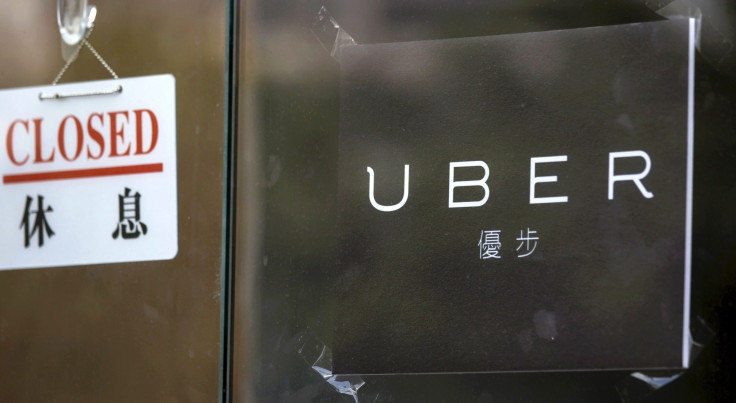Experts suspect tax avoidance by Uber Australia

Uber, along with Airbnb, has been summoned to face the Senate tax avoidance enquiry in October after filing its first set of income accounts with the Australian Securities and Income Commission. The accounts covered the initial start-up phase of nine months to June 2013.
The numbers submitted by the multinational cab hailing company is too little compared to the huge number of rides it offered the Australians the whole of 2015. The company’s initial tax structure is a cause of concern for the government, given its pursuit to end tax avoidance by multinational companies, according to an expert. Uber is global company that is worth US$20 billion (AU$28.44 billion) but has listed a tax bill in Australia of just US$18,000 (AU$25,592), according to the ASIC reports.
Uber’s income accounts indicates that Uber is assuming a similar financial structure as other rival MNCs such as Google, Microsoft and Apple. These companies have been criticised by the Senate of not being able to adequately explain the reasons for shifting Australia-generated revenue to Ireland, Singapore and Netherland.
The financial reports of Uber Australia showed that the first annual revenue of the company is AU$804,000 while it had initial borrowings of AU$980,000 from related entities in the United States and Netherlands. There are provisions for companies with gearing levels more than 60 percent to apply for tax deductions on repayments.
It has listed the loans to have come from “Uber Inc” based in San Francisco and “Uber International” in Netherlands.
Jason Ward, known for his landmark report on Australian corporate tax avoidance last year, said the strong association of Uber with Netherlands “raises immediate suspicion” of tax evasion by the company.
"The Netherlands is an extremely notorious tax haven and profit shelter country," the Sydney Morning Herald quoted him as saying. "It's hard to read a whole lot into [Uber Australia's accounts] because there is so little information there but it seems very likely to be a set-up for reducing Australian profits and taxes."
An Uber spokesperson declined to answer specific questions on its debt structure.
Contact the writer at feedback@ibtimes.com.au, or let us know what you think below.





















